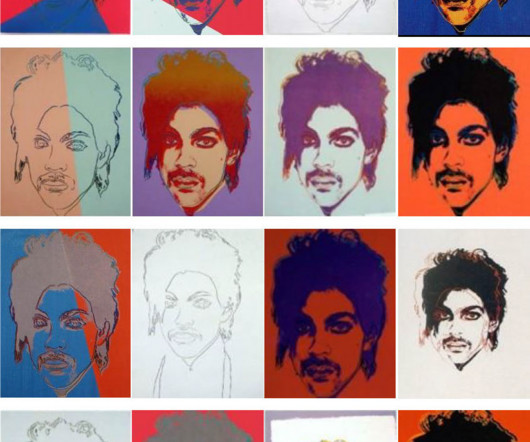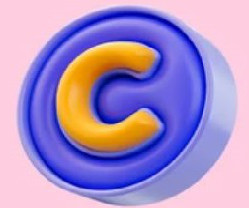Copyright implications of Augmented Reality for cultural goods – Part 1
Kluwer Copyright Blog
DECEMBER 5, 2022
At the same time, AR may be a catalyst for boosting the ecosystem surrounding bodies managing cultural heritage, because an attractive cultural site with entertainment features can definitely have an impact on the local tourism-related industry. i) Public domain works.












Let's personalize your content